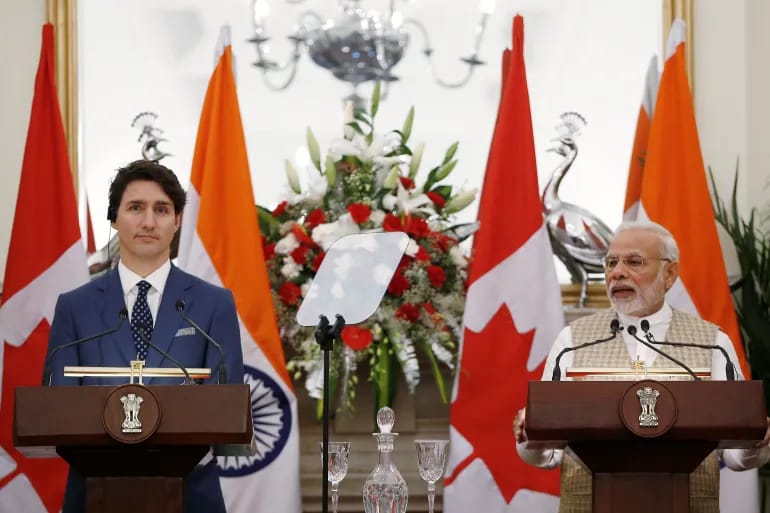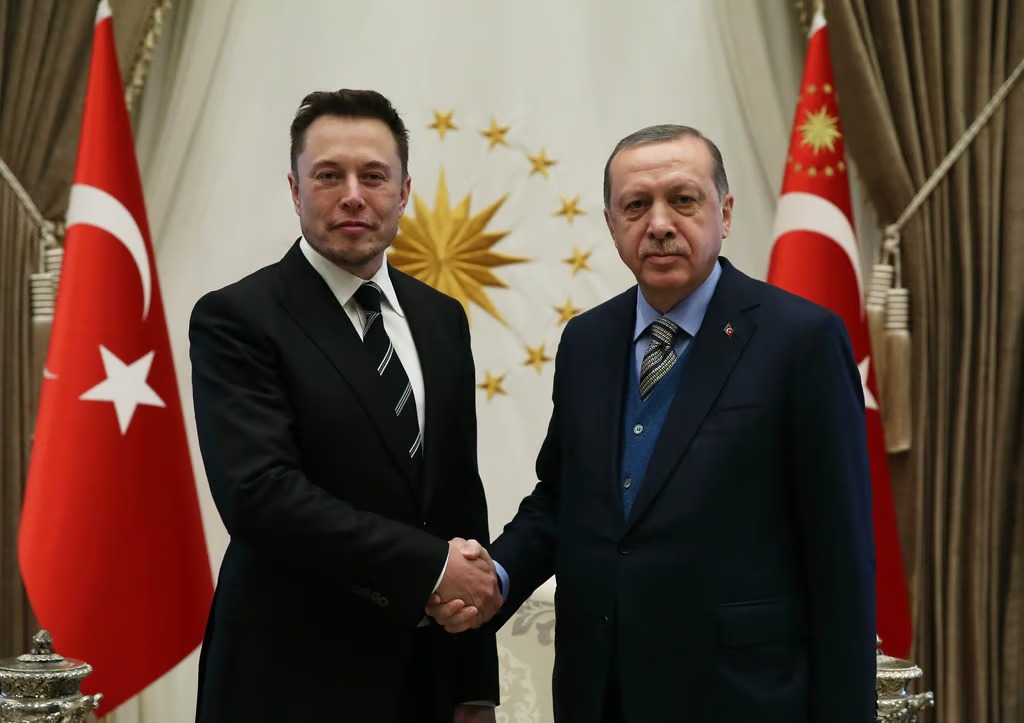In a tit-for-tat diplomatic move, India has ordered a senior Canadian diplomat to leave the country within five days, just hours after Ottawa expelled an Indian diplomat. This exchange of expulsions underscores the deepening tension between the two nations, primarily triggered by the controversial killing of Sikh separatist leader Hardeep Singh Nijjar. The escalating rift is having repercussions on trade talks and international relations, further straining Canada-India ties.
Diplomatic Tensions Escalate
As diplomatic tensions between India and Canada reach a new high, India’s Ministry of External Affairs (MEA) issued a statement expressing “growing concern at the interference of Canadian diplomats in our internal matters and their involvement in anti-India activities.” This decision, coming on the heels of Canada’s expulsion of an Indian diplomat, marks a sharp deterioration in bilateral relations.
Murder of Sikh Separatist Sparks Controversy
The crux of the ongoing dispute lies in the murder of Sikh separatist leader Hardeep Singh Nijjar, who was killed outside a cultural center in Surrey, British Columbia, on June 18. Nijjar was reportedly organizing an unofficial referendum in India for an independent Sikh nation at the time of his death. Ottawa alleges that Indian government agents were involved in the assassination, a claim that New Delhi has vehemently denied, dismissing it as “absurd and motivated.”
Khalistan Movement and Its Global Implications
The Khalistan movement, advocating for an independent Sikh state, remains a contentious issue for India. Despite being banned in India, the movement continues to find support, particularly in countries like Canada and the United Kingdom, which host sizable Sikh diaspora communities. This global dimension of the Khalistan movement has become a source of concern for India’s sovereignty and territorial integrity.
The situation intensified when Canadian Prime Minister Justin Trudeau raised concerns about Nijjar’s killing with Indian Prime Minister Narendra Modi at the G20 summit, demanding cooperation in the investigation. The MEA promptly dismissed these allegations, accusing Canada of harboring Khalistani terrorists and extremists.
Canadian Foreign Minister Melanie Joly countered by expelling a high-ranking Indian diplomat, further exacerbating the diplomatic rift. Canada’s substantial Sikh population, comprising around 2 percent of the total population, adds complexity to the situation.
The escalating diplomatic conflict between India and Canada, fueled by allegations surrounding the murder of Sikh separatist leader Hardeep Singh Nijjar, continues to strain bilateral relations. While both nations grapple with accusations and counter-accusations, the impact on trade talks and international cooperation looms large.
















